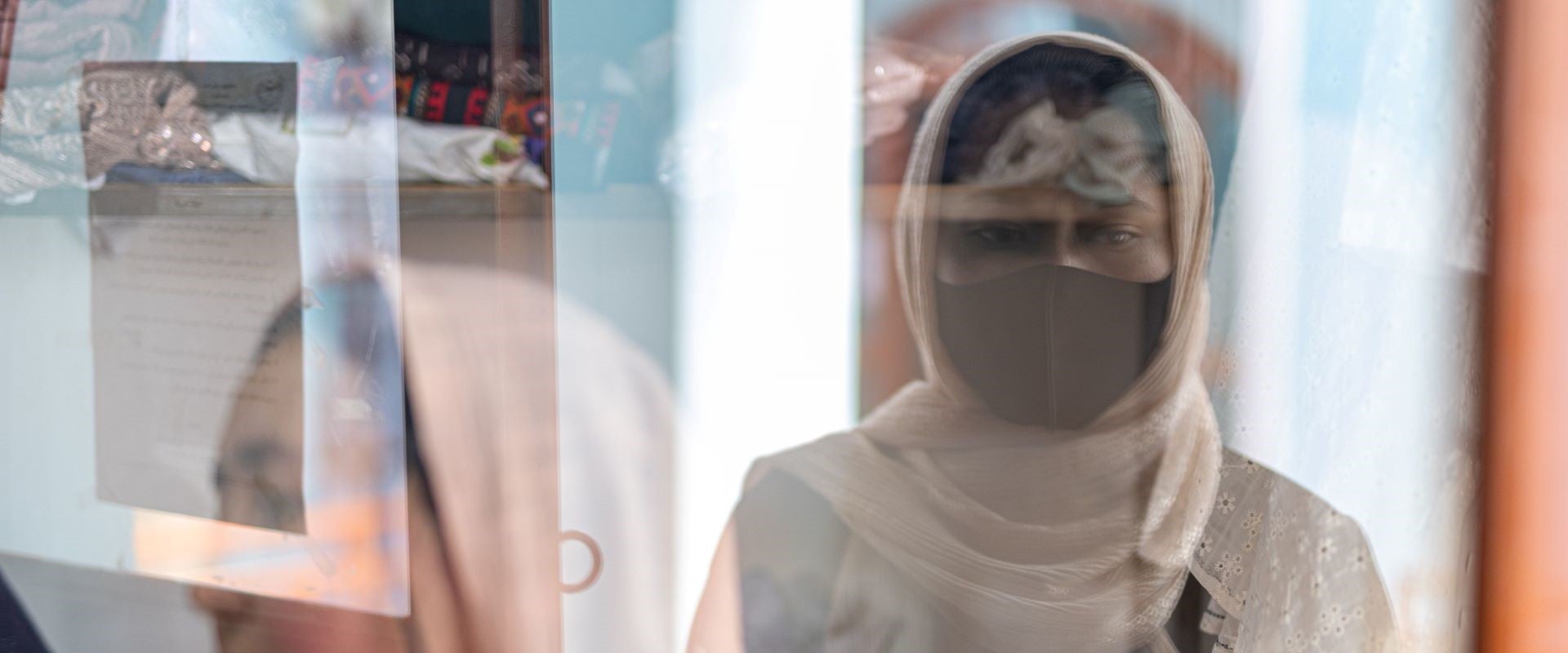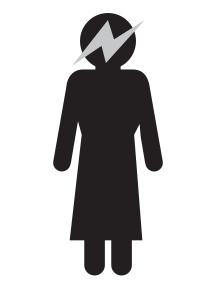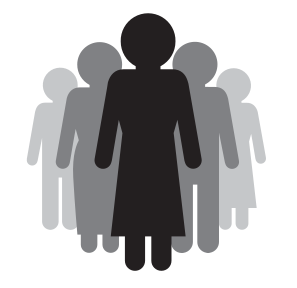UN Women urges immediate global action to end oppression of Afghan women and girls

Women’s rights in Afghanistan have always been a matter of fierce struggle over regimes and generations, but the oppression that Afghan women and girls are experiencing since August 2021 is unmatched in terms of scale and generational impact.
That challenge is presented in detail in the first Gender Country Profile on Afghanistan published since the Taliban takeover in August 2021, developed by UN Women with financial support from the European Union.
The profile analyses the in-country gender equality infrastructure over the past 40 years, and traces how decades of progress on gender equality has been erased by a patchwork of over 70 decrees, directives, statements, and systemized practices introduced by the Taliban in less than three years targeting the rights, lives, and bodies of Afghan women and girls.[1] The profile analyses how rollbacks on gender equality are impacting progress and limiting opportunities across all sectors of development.
The deprivation of women’s rights has had devastating impacts that will have inter-generational consequences. Assessing the impact of the bans on the right to education, the Gender Profile shows that leaving 1.1 million girls out of school and more than 100,000 women out of university[5] is correlated with in an increased risk of maternal mortality by at least 50 per cent.[6]
Afghan women are also left with little to no space to influence decisions impacting their lives. There are no women leaders in the Taliban care-taker administration and UN Women data shows that only 1 per cent of women feel they have influence in their communities.[7] Afghan women are also restricted in interacting regularly with other women – 18 per cent report not meeting once with women outside their immediate family in the three preceding months.[8] Social isolation pushes women and girls into despair. Eight per cent of respondents to a survey indicate knowing at least one woman or girl who had attempted suicide since August 2021.[9]
“Women want the right to make decisions, not just in their homes but in government and other spaces. They want an education. They want to work. They want their rights,” said one 26-year-old Afghan woman who spoke to UN Women as one of the community leaders supporting our work on the ground.
“Our unclear future really leaves us disappointed, and I don’t know how long I will be able to keep helping and how long we will be able to keep living like this,” she said. “We need to live a better life, especially as women.”
The Gender Country Profile highlights that while gender-based oppression is foundational to the Taliban vision for society, Afghan women continue to serve their communities and advocate for their rights. Nearly three years since the takeover, the resolve of Afghan women grows stronger as their status and situation continues to deteriorate.
“Afghan women demonstrate extraordinary resilience. In the face of incredible challenges, women continue to run organizations and businesses and deliver services. We must invest in their resilience. Afghanistan must remain high on the international agenda,” said Alison Davidian, UN Women Special Representative in Afghanistan.
The Gender Country Profile provides recommendations to all stakeholders for action in support of Afghan women and girls:
- Allocate long-term flexible funding: Provide sustained and adaptable funding to strengthen women's civil society organizations.
- Direct funding for gender equality: Ensure that at least 30 per cent of all funding to Afghanistan is dedicated to initiatives explicitly aimed at promoting gender equality and women's rights, avoiding support for gender-blind projects.
- Avoid normalizing discriminatory practices: Implement measures to prevent actions that could unintentionally support or normalize the Taliban's discriminatory policies, norms, and values.
- Integrate human rights in all actions: Incorporate human rights, with a special focus on women’s rights, as a fundamental aspect in all humanitarian activities and basic human needs interventions.
Funded by the European Union, the Afghanistan Gender Country Profile contributes to the Gender Action Plan in External Action 2021 –2027 (GAP III). To read the full Gender Profile, click here.














![[cover]](/sites/default/files/styles/card_340_247/public/2024-05/af-cx-unwomenxdoha-brief_feb2024-960px.jpg.webp?itok=UYhFV-aD)


